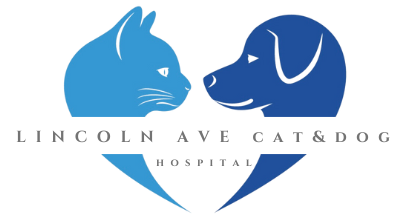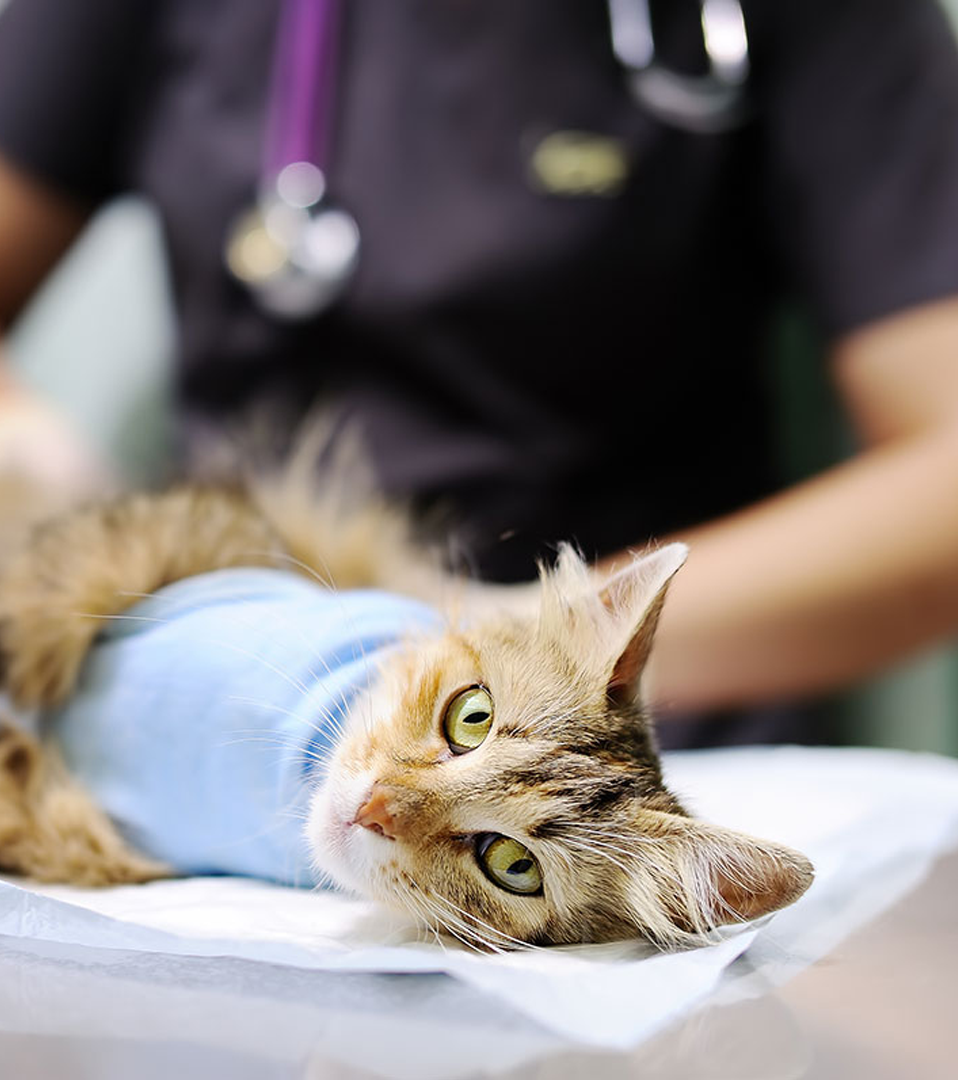List of Services
-
Atlantoaxial SubluxationList Item 2
Atlantoaxial Subluxation is a condition where the first two vertebrae in the neck, the atlas and axis, become misaligned. This misalignment can put pressure on the spinal cord, causing pain, weakness, and potentially severe neurological issues such as paralysis. The condition is most commonly seen in small breed dogs, especially those with congenital malformations, but it can also occur in other pets due to trauma or degenerative changes. Treatment options vary depending on the severity of the subluxation but often involve surgical intervention to stabilize the vertebrae, such as using pins, screws, or other fixation methods to realign the bones and prevent further damage. Early diagnosis and treatment are crucial for a successful outcome, and our experienced veterinary surgeons are equipped with the latest techniques to provide the best care for pets suffering from this condition.
-
Spinal TumorsList Item 1
Spinal tumors in pets can affect the vertebrae, spinal cord, or surrounding tissues, causing pain, weakness, and neurological deficits. These tumors may be primary, originating in the spine, or secondary, resulting from metastasis from other parts of the body. Common symptoms of spinal tumors include difficulty walking, loss of coordination, and in some cases, paralysis. Diagnosis typically involves advanced imaging to accurately locate and assess the tumor's size and impact on the spinal cord. Treatment options depend on the tumor's type, location, and stage but may include surgical removal, radiation therapy, or chemotherapy to manage the condition and alleviate symptoms. Our veterinary team uses state-of-the-art diagnostic tools and surgical techniques to ensure the best possible outcomes for pets diagnosed with spinal tumors, helping them regain mobility and improve their quality of life.
-
Lumbosacral Intervertebral (IVD) and Cervical Intervertebral Disc DiseaseList Item 3
Lumbosacral Intervertebral Disc Disease (IVD) and Cervical Intervertebral Disc Disease (IVD) are conditions where the discs between the vertebrae in the spine become damaged or degenerate, leading to pain, inflammation, and nerve compression. Lumbosacral IVD affects the lower back, where the lumbar spine meets the sacrum, causing issues such as difficulty walking, pain in the hind legs, and reduced mobility. Cervical IVD, on the other hand, impacts the neck area, leading to symptoms like neck pain, weakness in the limbs, and possible loss of coordination.
-
Degenerative MyelopathyList Item 4
Degenerative Myelopathy is a progressive neurological disease that affects the spinal cord in pets, particularly in older dogs. It primarily impacts the thoracic (mid-back) and lumbar (lower back) regions of the spinal cord, leading to gradual weakness and loss of coordination, especially in the hind limbs. Over time, pets with degenerative myelopathy may experience difficulty walking, dragging their back legs, and eventual paralysis. The disease is most commonly seen in German Shepherds, Corgis, and other breeds, though it can affect any dog.
-
Thoraco Lumbar Intervertebral Disc Disease (IVDD)
Thoracolumbar Intervertebral Disc Disease (IVDD) is a condition that affects the discs between the vertebrae in the thoracic (mid-back) and lumbar (lower back) regions of the spine. When these discs degenerate or become damaged, they can press on the spinal cord or nerves, leading to pain, weakness, and neurological deficits. Pets with thoracolumbar IVD may exhibit symptoms such as difficulty walking, uncoordinated movements, pain in the back, and in more severe cases, paralysis of the hind limbs.
This condition is commonly seen in chondrodystrophic breeds (such as Dachshunds, Corgis, and Beagles), though it can occur in other breeds as well.
-
Wobblers Syndrome
Wobbler Syndrome, also known as Cervical Spondylomyelopathy (CSM), is a neurological condition that affects the cervical (neck) spine, causing compression of the spinal cord and leading to coordination problems. It is most commonly seen in large and giant dog breeds, such as Great Danes, Doberman Pinschers, and Mastiffs, but can occur in any breed. The condition results from the narrowing of the spinal canal or a malformed vertebra, which compresses the spinal cord and disrupts nerve signals.
Symptoms of Wobbler Syndrome include difficulty walking, wobbling or uncoordinated movements (hence the name), weakness in the limbs, and in severe cases, paralysis. The condition may progress over time, and early diagnosis is key to managing the disease effectively.



